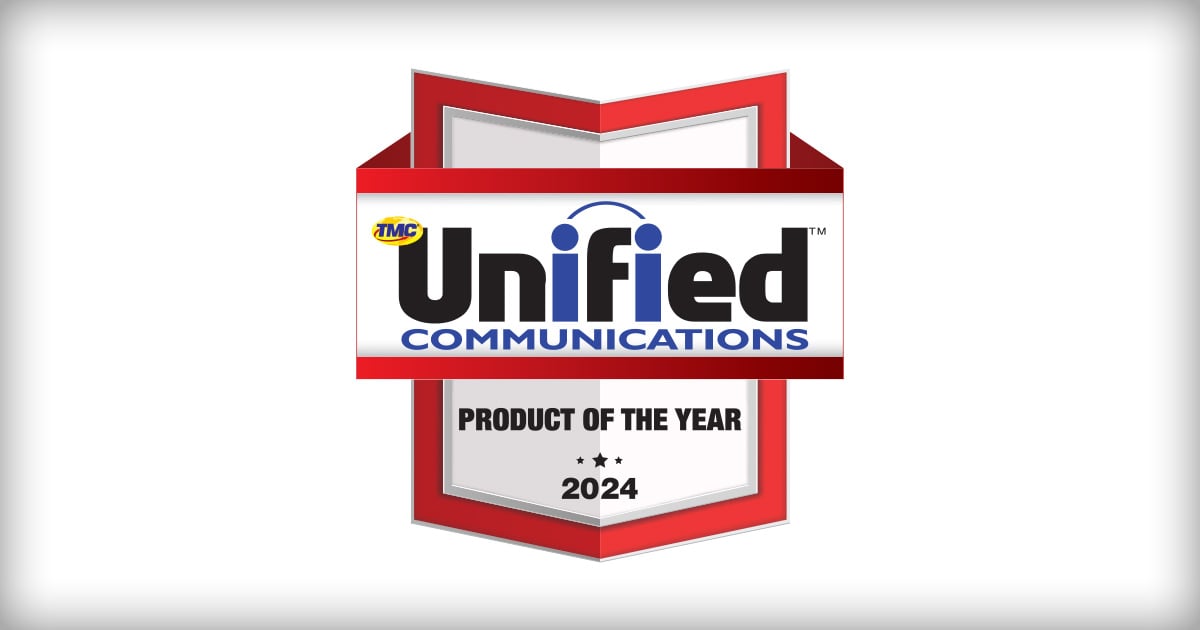
American consumers favor texting over calling due to its convenience, the ability to send and receive messages at any time without disrupting someone's day, and the ability to take time to proofread a message before sending it.
The same can be said about scammers. First off, texts are just as convenient for scammers as they are for consumers. Secondly, scammers are not dumb, and they know there is a bigger focus on stopping robocalls. The telecommunications industry is in a fight to curb spam calls, and the Federal Communications Commission's STIR/SHAKEN regulations are mandatory for voice service providers to stop caller ID spoofing.
So to carry out their scams, they naturally turned to using texts. In fact, Americans received 225 billion robotexts in 2022, a 157% increase from 2021, according to Robokiller's annual phone scam report. It should be noted that not all those robotexts were scams per se, as 70% of messages in November and December were marketing related. Robokiller estimates that Americans likely received 157 billion robotexts with those marketing-related messages excluded.
Delivery scams led the scam categories by text in 2022 at just under 13 billion. Delivery scams are when scammers send fake delivery messages that ask recipients to click on a link to confirm delivery information or reschedule a delivery.
And Americans are falling for these scams that look quite legitimate. According to the report, $20 billion was stolen from Americans through SMS messages, a 105% increase from 2021.
Consumers do need to be aware that the rise in robotexts does not mean robocalls are no more. Robocalls still saw an 8% increase to 78 billion, according to the report, and Americans lost $65 billion to robocalls in 2022.
Because of the numbers seen in the report, Robokiller predicts that robocalls will reach 82 billion in 2023, a 5% increase as government efforts to stop harmful scams will continue to make a dent in overall robocall volume. Robotexts are predicted to escalate to 236 billion with a growth rate of 50% as the government and carriers continue to focus their efforts on combating robocalls.
That doesn’t mean that the government is doing nothing to fight robotexts. The FCC proposed new rules aimed at protecting consumers from text messaging scams.
Not to sound like a broken record, but consumers do not need to wait for the government to act. Call and text blockers like Robokiller and Textkiller are on the front lines defending Americans against fraudulent SMS and phone calls. With 99% effective protection against dangerous scams, consumers are safe with AI- and machine learning-powered technology that silences scammers.
Edited by
Alex Passett





